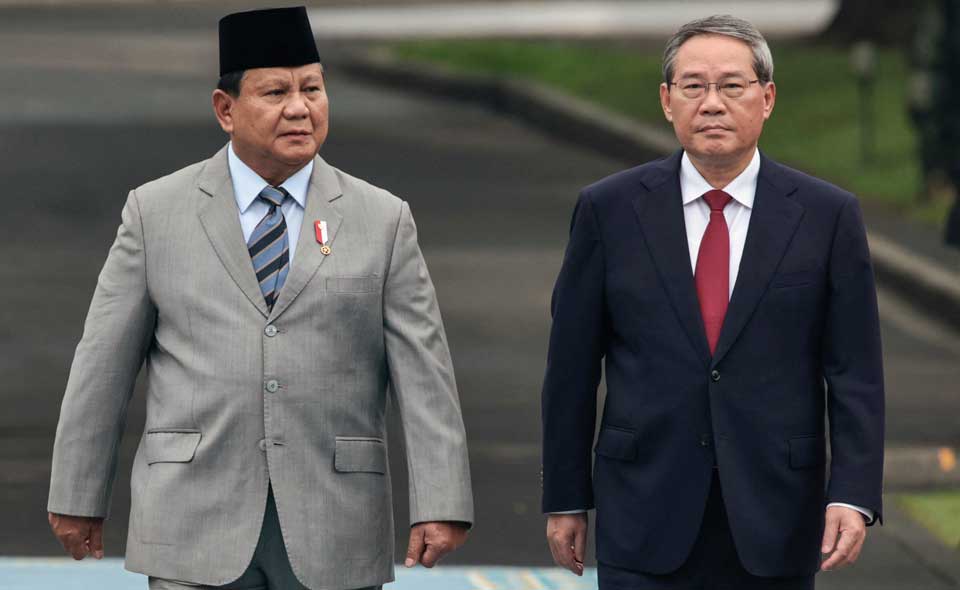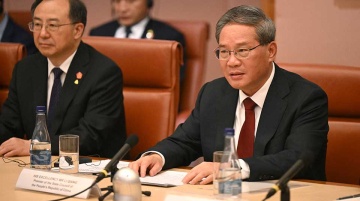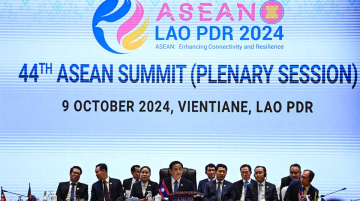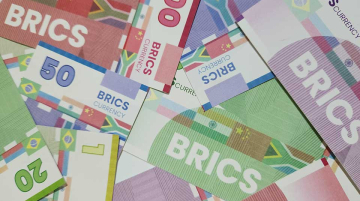
Chinese Premier Li Qiang warned on Sunday that the rise of “unilateralism and protectionism” could threaten the global economic and trade order, as he reaffirmed Beijing’s ties with Jakarta on Sunday during his visit to Indonesia ahead of a regional summit in Kuala Lumpur.
“Unilateralism and protectionism are on the rise globally, posing a serious threat to the international economic and trade order,” Li told Indonesian President Prabowo Subianto on Sunday, according to Xinhua state news agency.
“In the face of these risks, unity and cooperation are the only viable path forward.”
Beijing and Jakarta are key economic allies, with Chinese companies pouring capital into extracting Indonesian natural resources in recent years, particularly in the nickel sector.
However, the two countries’ disputed claims to the strategic waterways of the South China Sea and their nearby territories have weighed on their relationship in recent years.
Li said Beijing was keen further to advance cooperation with Southeast Asia’s largest economy.
“China is ready to work with Indonesia and other developing countries to… uphold multilateralism and free trade, and advance a multipolar world and inclusive globalisation,” Li said.
Prabowo also lauded Indonesia’s “close and good” friendship with China.
“Indonesia is ready to create a safe and prosperous region. Indonesia is ready to strengthen cooperation with China for us to create a peaceful region, which is safe for all,” the Indonesian leader said.
Prabowo and Li oversaw the signings of several agreements, pledging closer cooperation in areas including economic development and finance.
The presidential palace later announced that eight other agreements were signed in sectors covering tourism, health, investment and media.
The Chinese premier is headed next to Malaysia for an ASEAN summit between members of the 10-country bloc, China and oil-producing countries.
Prabowo visited Beijing last year, during which Chinese President Xi Jinping told him he hoped for a “new chapter” in bilateral relations.
In the past, the two countries have sparred verbally over disputed claims in the South China Sea, which China claims almost entirely.
Beijing has for years sought to expand its presence in the contested waters, brushing aside an international ruling that its claim has no legal basis.
Chinese vessels have occasionally entered Indonesia-claimed areas of the North Natuna Sea at the southern edge of the South China Sea, drawing protests from Jakarta.
In October, Indonesia said it drove Chinese coast guard ships from contested waters in the South China Sea on three separate occasions.





